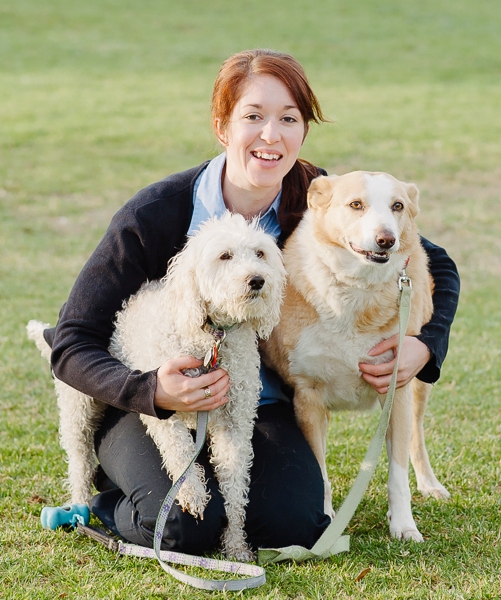It is easy to overlook dental disease as the cause of discomfort, particularly in older dogs and cats as it is often assumed that behaviour changes are caused by aging.
From a young age, to prevent dental disease, offer your dog plenty of chews - hard toys and rawhide. Not bones or sticks at they can damage their teeth and mouth. Offer cats primarily dry food that is large in size to encourage crunching and chewy meat. Always feed your pet a healthy diet. If your pet already has dental disease, brushing or hard foods may be ineffective and could be very painful.
Dental pain can result in significant changes in your pet’s behaviour, such as the following:
- Gradual loss of interest in playing with or chewing toys.
- Fussiness with food, including favouring a certain type of food, eating on one side only, or problems picking up food.
- Rubbing or pawing at their mouth.
- Salivating or dribbling more.
- Pain when you try to look at their mouth.
- Blood in the water or food bowl.
Other signs of dental disease include smelly breath, red or swollen gums, and yellow and brown or missing teeth. If left untreated, dental disease can be very painful. If you suspect your pet has dental disease, visit your Veterinarian for a dental health check.

Veterinary Nurse Kirstie Hancock is qualified in animal behaviour with her Certificate IV in Companion Animal Services through the Delta Society. She has lots of great tips and ideas when it comes to misbehaving pets. Keep an eye out for her monthly tips on our Facebook page. Also check out her own business Facebook page - Positive Paws.

